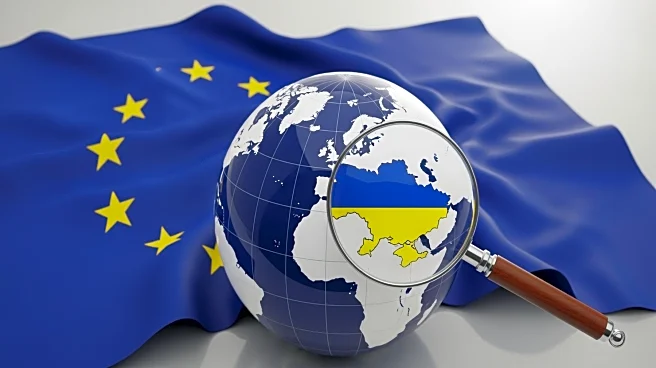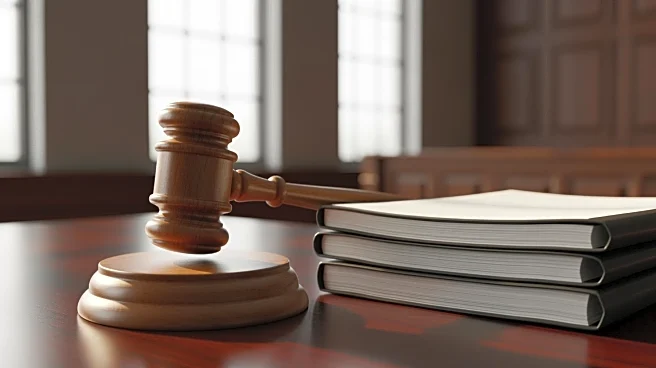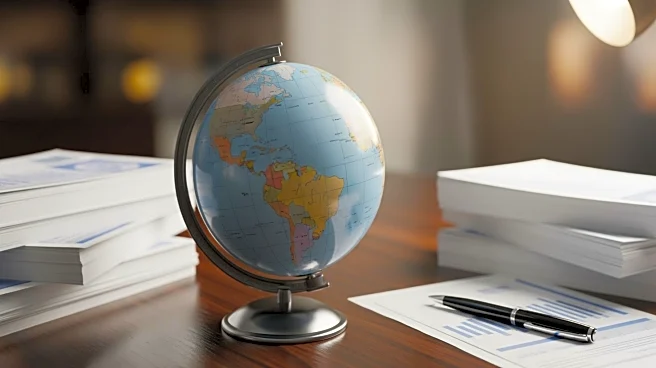What's Happening?
European Union leaders have directed the bloc's executive branch to develop options for addressing Ukraine's economic and military needs over the next two years. However, they did not reach an agreement on utilizing frozen Russian assets to support Ukraine.
Belgium, which holds a significant portion of these assets, expressed reluctance to approve a plan that would use the funds as collateral for a substantial loan to Ukraine without further assurances. The European Commission's proposals will be reviewed at the next EU leaders' meeting in December. Ukrainian President Volodymyr Zelenskyy emphasized the urgency of receiving financial support by early 2026. The EU leaders stated that Russian assets should remain frozen until Russia ceases its aggression against Ukraine and compensates for the war damages.
Why It's Important?
The decision by EU leaders to explore funding options for Ukraine without immediately tapping into frozen Russian assets highlights the complexities of international financial and legal frameworks. Belgium's caution reflects concerns about potential Russian retaliation, which could impact Belgian interests disproportionately. The broader implications for EU unity and international relations are significant, as the bloc seeks to balance legal, economic, and geopolitical considerations. The outcome of these discussions could influence the EU's ability to support Ukraine effectively and set precedents for handling frozen assets in international conflicts.
What's Next?
The European Commission is expected to present detailed proposals at the upcoming EU leaders' meeting in December. Belgium's position suggests that any plan involving frozen assets will require robust legal and diplomatic assurances to mitigate risks of Russian retaliation. The EU's approach may also influence similar actions by other countries holding Russian assets, such as Japan, the U.S., and Canada. The ongoing discussions will likely involve complex negotiations to ensure legal soundness and international confidence in the EU's financial strategies.
Beyond the Headlines
The ethical and legal dimensions of using frozen assets for reparations are significant. The EU's approach could set a precedent for future conflicts, raising questions about the balance between legal property rights and moral obligations to support war-torn nations. The potential impact on international trust in financial systems and currencies, particularly the euro, underscores the need for careful consideration of the long-term consequences of such actions.















